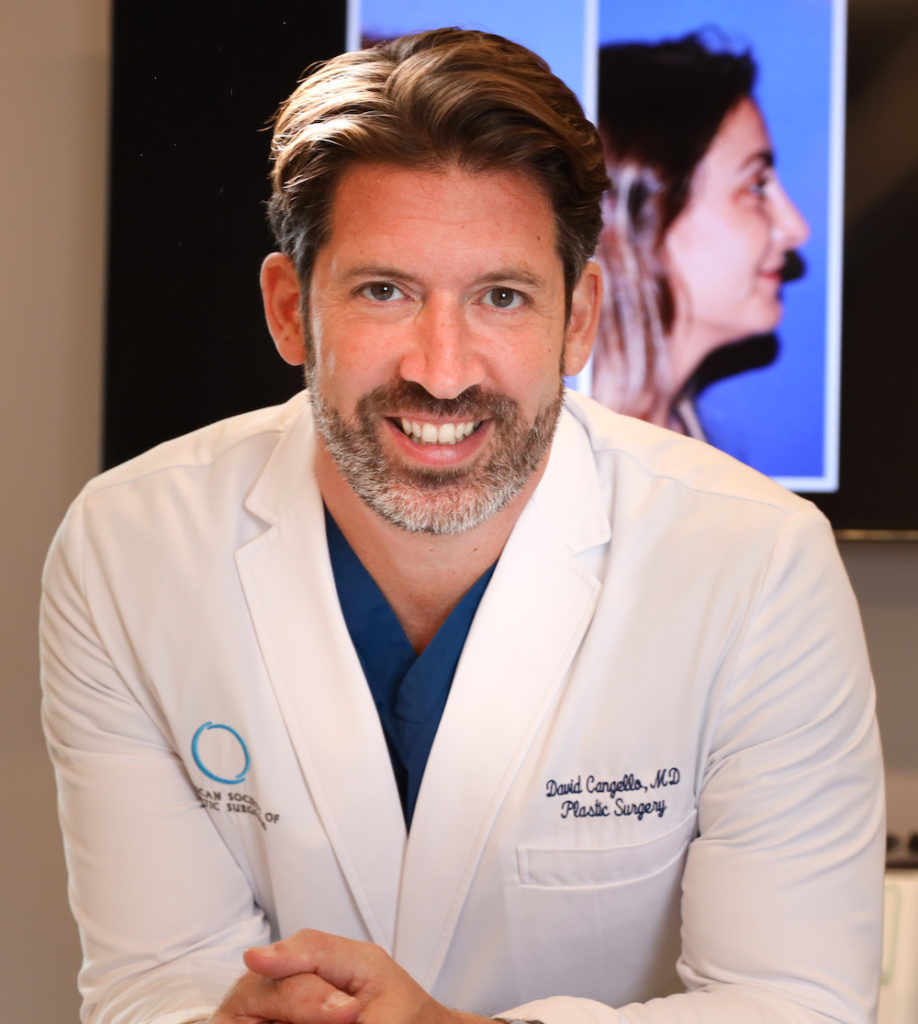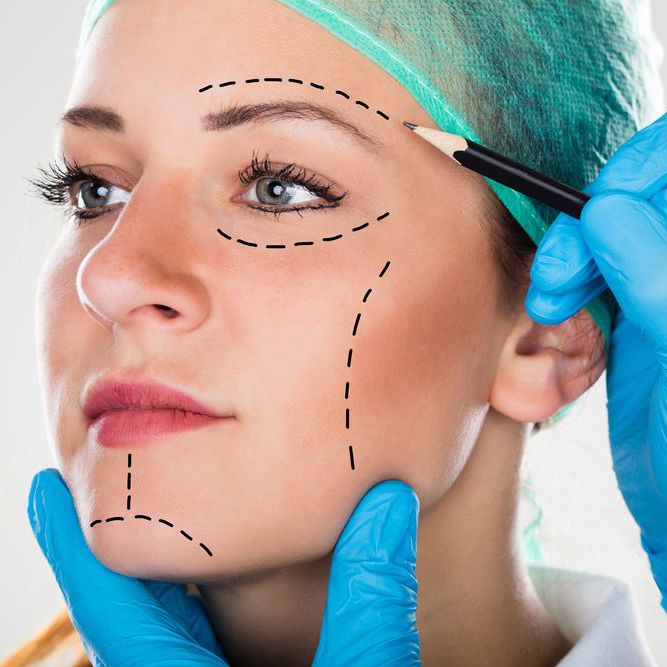Exploring the Emotional and Social Factors That Drive People to Consider Cosmetic Surgical Treatment as a Means of Enhancement
The choice to go after cosmetic surgical treatment commonly expands past plain looks, linking with social and emotional characteristics that merit comprehensive assessment. Elements such as self-confidence, pervasive social charm requirements, and the prevalent impact of social media sites converge to shape private motivations for medical enhancement. As these impacts end up being significantly prominent, recognizing the underlying social and emotional contexts is necessary. What remains to be checked out is the profound impact these aspects have not only on personal identification yet also on more comprehensive societal standards and values bordering appeal and acceptance.
The Duty of Self-confidence
Self-confidence dramatically affects a person's decision to pursue cosmetic surgical treatment. People with low self-confidence commonly perceive themselves in an unfavorable light, leading to feelings of insufficiency concerning their physical appearance.

Eventually, the function of self-confidence in the decision-making procedure regarding plastic surgery highlights the complex interplay between body image, personal fulfillment, and psychological health and wellness. Recognizing this partnership is critical for health care professionals to ensure that patients are making educated choices rooted in practical assumptions and psychological health.
Social Charm Criteria
Influenced by prevalent media portrayals and social narratives, societal beauty standards play a crucial role fit individuals' assumptions of their own bodies. These requirements are commonly defined by an idyllic type of elegance that highlights characteristics such as slimness, youthful vigor, and balance. As these perfects are bolstered via numerous channels, including advertising and marketing, tv, and movie, individuals frequently internalize these messages, bring about discontentment with their natural appearance.
The effects of these societal norms expand past visual choices; they can affect self-esteem, mental health, and social relationships. Individuals that perceive themselves as disappointing these standards might experience sensations of insufficiency, triggering a need for plastic surgery as a means of attaining societal authorization. This search is frequently sustained by the belief that conforming to these suitables will boost not just physical look but likewise social standing and individual fulfillment.

Impact of Social Network
The effect of societal beauty criteria is more amplified by the surge of social media sites systems, where curated pictures and idealized representations of charm are ubiquitous. Customers are frequently revealed to filtered and edited pictures, which usually depict unattainable physical characteristics. This exposure cultivates a culture of comparison, leading individuals to evaluate their own look versus these typically impractical benchmarks.
Social network influencers and celebrities frequently promote cosmetic treatments, stabilizing the idea that surgical enhancements are a practical methods for achieving societal ideals (plastic surgery rancho cucamonga). The visibility of these improvements can produce an understanding that undertaking cosmetic surgical procedure is a basic practice, thus affecting people to consider comparable treatments as a path to improved self-esteem and social acceptance
Additionally, the interactive nature article source of social networks permits immediate comments with likes and remarks, additionally strengthening the desire to comply with prominent charm standards. Such communications can exacerbate feelings of insufficiency and drive people towards cosmetic surgery as a way of getting recognition. Inevitably, social networks plays a critical duty in shaping understandings of elegance, which considerably influences the decision-making processes bordering plastic surgery.
Cultural Point Of Views on Look
Across various societies, understandings of appearance are deeply rooted in historic, social, and economic contexts, shaping people' views on beauty and desirability. In several cultures, appearance works as a significant marker of identity, influencing social status, expert opportunities, and personal relationships. For example, in some societies, light skin is frequently connected with wealth and privilege, while others may glorify darker complexion as symbols of strength and authenticity.
Furthermore, typical appeal standards are often bolstered with cultural stories, media representations, and household influences, bring about varying ideals across different regions (plastic surgery rancho cucamonga). In Western societies, the focus on young people and physical health and fitness frequently drives individuals toward aesthetic enhancement, while in particular Eastern cultures, more subtle modifications aligned with conventional looks might be chosen
Globalization and the proliferation of digital media have actually additionally made complex these characteristics, creating a hybridization of elegance ideals that goes beyond geographical borders. As people increasingly navigate these social narratives, the pressure to satisfy particular appearance requirements can cause the wish for cosmetic surgery, mirroring an intricate interplay of individual desires and social worths. Understanding these cultural point of views is essential in attending to the inspirations behind cosmetic surgical treatment factors to consider.
Emotional Effects of Plastic Surgery
Numerous people seeking cosmetic surgery report experiencing profound mental influences that can dramatically change their self-perception and emotional wellness - plastic surgery rancho cucamonga. The need for physical improvement usually originates from underlying issues such as reduced self-worth, body dysmorphic condition, or societal stress relating to appeal requirements. For some, the immediate post-operative stage can bring about a short-lived boost in confidence and fulfillment with their look, promoting a sense of empowerment
Nonetheless, these favorable sensations might not be withstanding. Research shows that while some people experience enhanced self-confidence, others may deal with heightened anxiousness or clinical depression if their expectations are not satisfied. This disparity can develop from impractical perfects continued by media depiction and cultural narratives bordering appeal.
Furthermore, the emotional ramifications of plastic surgery expand beyond the individual. Relationships with friends and family may be stressed as social characteristics shift, resulting in feelings of isolation or alienation. Ultimately, the emotional effects of cosmetic surgical treatment are diverse and intricate, requiring mindful consideration by both potential people and doctor to make sure enlightened decision-making and realistic expectations.
Final Thought
In verdict, the decision to go after plastic surgery is dramatically influenced by a combination i thought about this of self-worth problems, social charm requirements, and social perspectives on look. The prevalent reach of social networks better intensifies these stress, advertising impractical perfects that people often strive to obtain. Recognizing these social and mental aspects is essential for dealing with the motivations behind cosmetic surgical procedure, highlighting the redirected here need for a much more nuanced discussion bordering elegance and self-acceptance in modern society.
The decision to go after cosmetic surgical procedure often prolongs past plain aesthetic appeals, linking with psychological and social characteristics that merit comprehensive assessment. Ultimately, social media plays an essential duty in shaping perceptions of elegance, which dramatically impacts the decision-making processes surrounding cosmetic surgical treatment.
As individuals progressively navigate these cultural stories, the stress to adapt to certain look standards can lead to the desire for cosmetic surgical treatment, mirroring a complex interplay of personal aspirations and social values.In verdict, the choice to pursue cosmetic surgical procedure is dramatically affected by a combination of self-esteem concerns, societal beauty standards, and social point of views on appearance. Recognizing these social and mental elements is important for dealing with the motivations behind cosmetic surgical treatment, highlighting the requirement for a much more nuanced conversation surrounding charm and self-acceptance in contemporary culture.